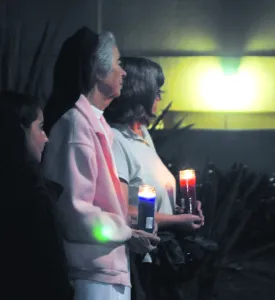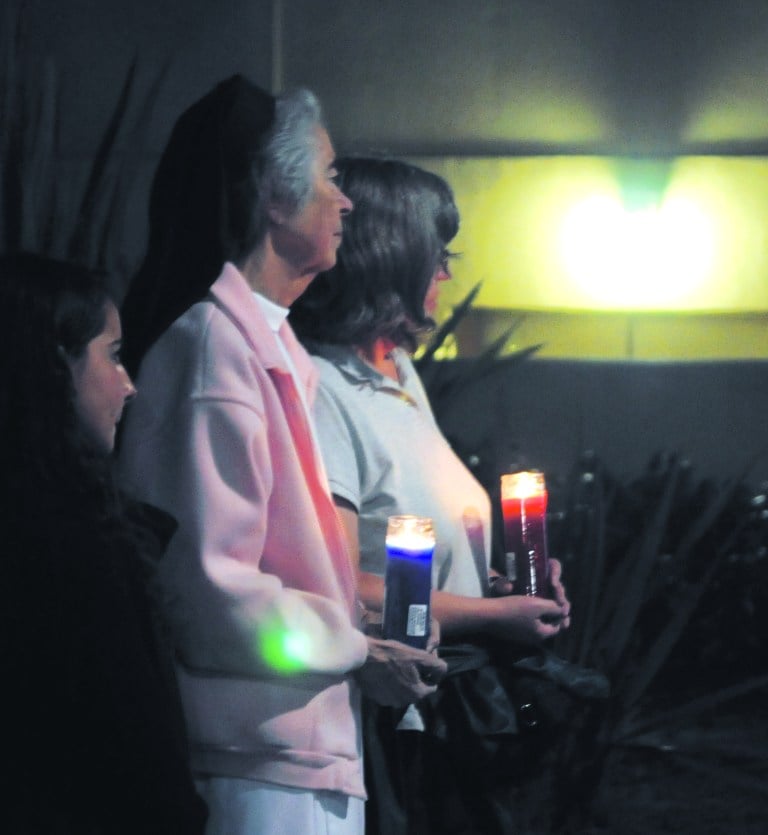She is unconscious right now and on ventilators. She was shot, twice. The bullets that hit her have been removed from her body. But she is still a long way from recovery – and until then, she needs the prayers of everyone.

Malala Yusufzai is a young activist from Swat Valley, Pakistan. She is 14 years old and has done something very few people in Pakistan have been able to do: stand up to the Taliban. She rose to fame in 2009 when the Taliban insurgency in the Swat Valley was at its peak by writing a blog for the BBC chronicling her struggle of going to school and getting an education. She was later featured in the New York Times documentary “Class Dismissed,” and has since symbolized the struggle for female education in Pakistan.
Malala’s defiance set her apart from the very beginning. She stood up for education when no one dared to confront the Taliban – long before the Pakistani military made up its mind to take them on.
Malala had already made up hers. Her school was closed down after bomb threats by the Taliban, who had by then destroyed dozen of schools for girls in Swat. She knew who the enemies of her ambitions were, and she was not scared to take a stand against them.
Malala’s life, and her family’s, remained under constant threat at this time. Along with her father, she remained on the hit list of the Tehreek-e-Taliban Pakistan, the militant group that had already overturned the state apparatus in the valley. But she did not back down. When the politicians did, when the military refused to stand with the people, Malala spoke – not just for herself, but for the people of Swat.
It was her voice, and the voices of others like her, that finally convinced the Pakistani state to take on the Taliban in June 2009. After a long and drawn-out military operation, Swat Valley was rid of militant fundamentalism. Malala and her friends were able to go to school again.
But this was not the end of the road for Malala. While Swat was no longer under the de facto control of the Taliban, the militants managed to survive in deep pockets of resistance. Malala knew this, and recognized the threat their survival posed. It was for that very reason that she continued to remind the powers that be that peace in Swat was endangered by a pathological mindset of hate and violence. The Taliban were never too happy with her.
On Oct 9, 2012, when Malala was returning from school near the town of Mingora in Swat, two armed gunmen stopped her school van. They first identified Malala and then fired at her.
Malala is battling for life in a hospital in Birmingham, UK, where she was evacuated for specialized care. I got a chance to know her when she participated in a Stanford student-led initiative for the schoolgirls of the Swat Valley in 2009, where I was a volunteer. Knowing her, she will fight on. My prayers are with her and her family in this hour.
I hope for the sake of all that she stands for – education, female empowerment, defiance against hate and violence and, most of all, Pakistan – that she recovers quickly and has the chance to realize her many dreams.
Asfandyar Ali Mir ‘12 M.A. ‘13
